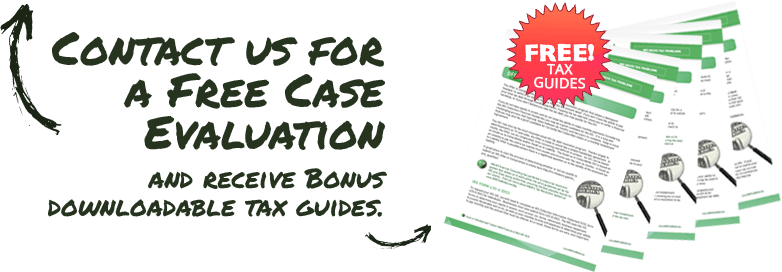Resolve Your Tax Liability, Manage Your Credit Card Debt
All M&M clients owe the IRS and/or state a back-tax debt. Many of them are also in the midst of trying to resolve other debts to many other creditors. One common debt we hear about is to credit cards.
A Tax Lien makes the IRS a Secured Creditor
Unlike the IRS, a credit card company must be awarded a judgment by a court of law before they can take money from bank accounts or garnish wages. The IRS does not need a judgment to do this. You can see why it is important to pay the IRS first because of their supreme collection abilities. Please also keep in mind that some credit card companies may be willing to negotiate a settlement of the total to avoid court and collection costs.
The IRS will not allow payments to accumulated credit card debts and many other unsecured creditors as an allowable expense when calculating your disposable monthly income. Your disposable monthly income is a major component in determining the correct resolution to your tax debt. Since payments to unsecured creditors will not be used in determining your disposable monthly income, it may be difficult to pay your monthly credit card bills once your IRS resolution is in place.
A Tip to help you complete form 433-f or 433-a
Here are two simple tips for those of you dealing with credit card debt.
Tip 1: If you use your credit card to pay for monthly expenses such as:
- food,
- clothing,
- housekeeping supplies,
- personal products and services,
If the monthly payments to your credit cards are too large to be included in your National Standard expense, you will likely be expected to lower you expenses, i.e. stop paying your monthly credit card bills to free up money to pay your back-tax debt.
A TIP TO KEEP CREDIT CARD COLLECTION AT BAY
Tip 2: If you cannot pay your credit card debt and you have been threatened with a judgment by your credit card companies, you may be able to stall the judgment process. In many cases, credit card companies and their collection attorneys will not file a judgment if you make small payments each month. Do not rely on a monthly bill from the credit card company to arrive before you send the payment. Write down the payment address and send the payment each month whether you receive a bill or not. Even though you may be told that small payments of $15 to $20 will not be accepted, even if your credit card is cancelled, make the payment in the same amount every month. This may delay a judgment against you for quite some time.
We fully understand what you go through while trying to manage your budget and resolve outstanding debts, while at the same time trying to avoid any additional expenses. Completing your 433-F or 433-A form may seem easy enough at first, but the reality is that there is a right way to prepare it and the little things matter. M&M has years of experience and we’re meticulous when it comes to our clients’ case resolution and reduction. We would be happy to speak with you about your tax liabilities and advise you appropriately. Contact us here or call us at 866-487-5624 for your free, confidential consultation.









